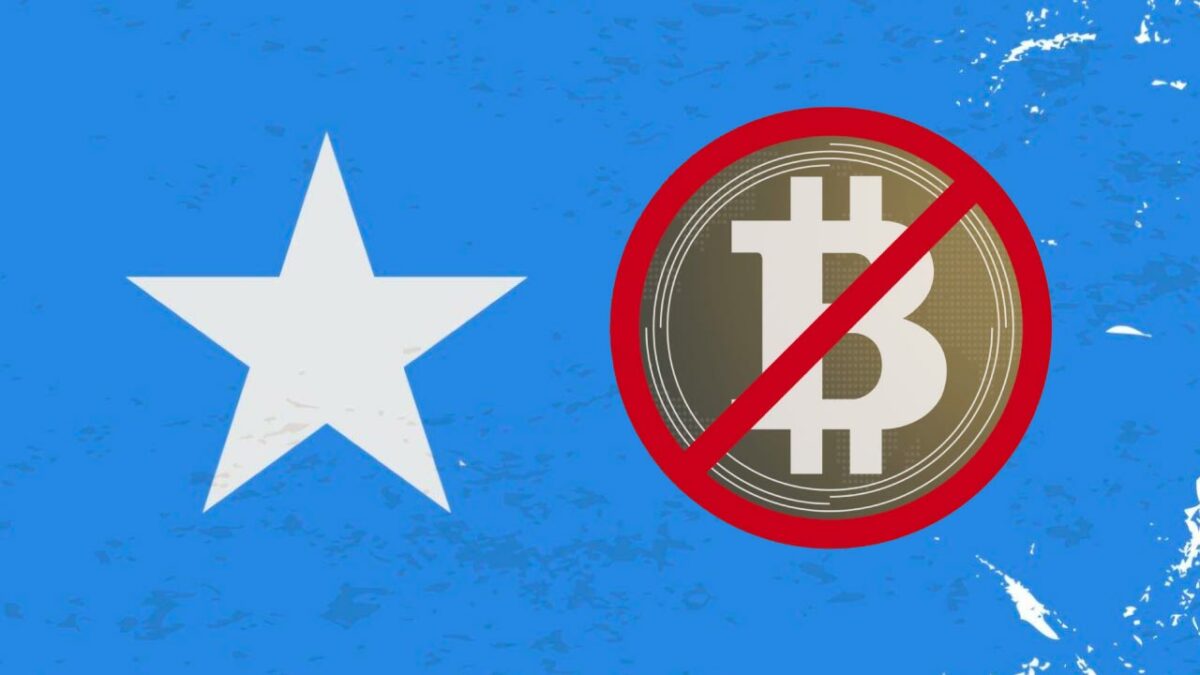The Federal Republic of Somalia has taken a significant step by prohibiting access to three prominent online platforms that were either offering crypto-related services or had links to such services.
Somalia, situated in the Horn of Africa, is recognized as the Federal Republic of Somalia. While cryptocurrency trading and investment are fully sanctioned within the country, individuals engaged in crypto activities are mandated to fulfill tax obligations on their investment gains.
In a recent move, the Federal Republic of Somalia has acted against platforms that were deemed to be promoting unethical crypto-related services and facilitating supportive avenues.
On August 20, 2023, the Ministry of Communications and Technology (MOCT) of Somalia officially declared the ban on three well-known platforms: the messaging application Telegram, the video-sharing platform TikTok, and the gambling app 1XBET.
It’s worth noting that while Telegram offers functionalities such as crypto investment, trading, and payments through its built-in Telegram Bots, and 1XBet permits cryptocurrency payments from users, TikTok itself does not have any direct or indirect connection with cryptocurrencies. Therefore, the rationale behind the ban on TikTok appears somewhat perplexing.
Jama Hassan Khalif, the Minister of MOCT, articulated the basis for this ban, emphasizing that the decision was made to address the detrimental impact on the country’s younger generation.
Certain media outlets have suggested that TikTok was banned due to its misuse as a platform for disseminating political agendas and propaganda, which ran contrary to the principles of the nation’s ruling government. While these claims cannot be definitively confirmed, they also cannot be dismissed outright, given the escalating misuse of the internet for such purposes.
As per the government’s official statement, this action was deemed essential to safeguard the well-being of the nation’s youth and to uphold cultural values.
In a separate occurrence earlier this year, Telegram encountered substantial legal pressure when investigations revealed instances of neo-Nazi groups exploiting the platform to incite violence.
Interestingly, in a contrasting development, Iran recently lifted its ban on Telegram, which had been instituted due to concerns about citizens’ data security.
